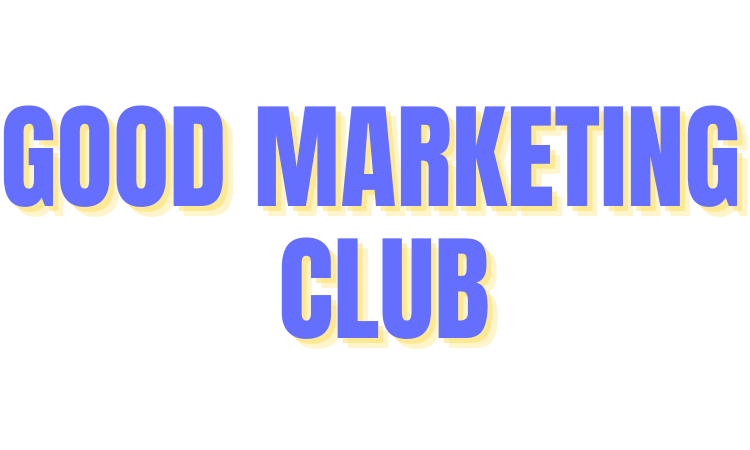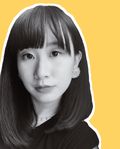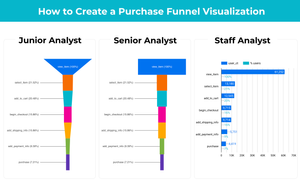My story is somewhat typical.
I never really knew what I want to do when I grow up (except for a brief period when I wanted to be a doctor from watching Grey’s Anatomy but then realized how much I dislike chemistry).
I got into college and chose a major that those who don’t know what to with their life usually choose — Economics. I got by doing well with grades. I accepted that I would do a job in consulting or finance because those were the most popular jobs and the natural trajectory for my major.
I did some internships in Finance. But while everyone was interviewing for banking/consulting/accounting jobs approaching graduation, I couldn’t bring myself to join them.
Two months post-graduation, I ended up with a marketing job that launched my career. I use ‘end up’ here not to be humble. Because at the time I really was just looking for a job I thought I would like doing with a gut feeling.
Reflecting back on my journey now, I can finally connect the dots on what helped me get that first job. I want to share them with any of you who are searching for jobs and maybe are struggling a bit.
…you can’t connect the dots looking forward; you can only connect them looking backward. — Steve Jobs
What’s your unfair advantage?
When you have no relevant experience and so many others do, you have to think about what you can offer that others cannot, your unfair advantage.
The unfair advantage most of us have is passion.
Not passion for anything. Passion for the one thing. The one thing you obsess with, the one thing all your friends come to you for advice, the one thing you can say “I am passionate” and keep talking about it for 30 minutes.
In marketing especially, regardless of one’s specialty (creative or analytics), they all must know one thing well, the customers. If you have something you love so much that you know the market, customers, the community better than most, you have an advantage.
For me, it was the beauty industry. I struggled with acne during high school and became obsessed with beauty products. I understood how beauty products can transform a person and love the industry for that. So I always kept up with the news, product, and marketing of the beauty world, wrote a beauty blog as my hobby, and gradually become the go-to person among my friends for beauty-related questions and product recommendations.
So when I was looking for a job, intuitively the first industry I started with was the beauty industry. Even though I lacked experience, I always had a great conversation during each interview and eventually had a job offer.
The hiring manager of my first job told me later on that she decided to give me a chance because of my enthusiasm and thought I seemed smart enough to learn the rest on the job.
Start by looking for jobs in industries you are passionate about, e-sport, entertainment, fashion, beauty, etc., someone just might give you a chance for it.
Increase the Surface Area of Luck
The first job I found was posted on the school job board. I was the only one from our school interviewed there.
I got lucky! True. Although you can also say I got lucky because I applied. I increased the surface area of my luck.
Some of the other things I did that made me luckier:
- Increase the denominator — set a quota to apply for at least 5 jobs/day. Trust me, this makes a huge difference. Apply to any job that you might qualify for, despite the experience requirement, you might get lucky.
- Timing — prioritize jobs that have been recently posted (within a week) so your resumes are more likely to be seen vs. being buried.
- Exposure — after you apply for a job, send the recruiter a LinkedIn message to remind her of your applications and express your interest again to make sure they see your resume.
- Referral — connect with alumni at prospect companies and ‘pitch’ yourself to get them to refer you. Most companies have referral bonuses so they are motivated to do it. But please, please, only reach out if you’ve seen open roles that fit you. Do your homework, respect their time.
- Practice — interview requires practice. Apply and interview at companies you are unlikely to join at first, brush up your interview skills, and then you are more ready for your dream doles.
What can you show?
Since my first job interview, by chance and later more intentional, I always have a portfolio linked in my resume.
A portfolio (preferably a site) is a collection of
- school projects
- side-hustles (personal blog, freelance work, side-business)
- work samples (visualization, designs, Github, presentation deck, articles)
Companies prefer to hire those with work experience because they would know (i) how to work with others (ii) how to do the actual work. Your portfolio can help you show both.
A portfolio can also help to steer the interview away from random questions that are almost impossible to prepare for, and instead focus on the highlights of your work that you know inside and out. Plus, it’s just impressive!
A great portfolio I’ve come across is this one by Mitzi Bandera — an upcoming data scientist.
To sum up? You don’t get what you deserve, you get what you fight for.
Some books that might also help you:




